Useful, Not True by Derek Sivers
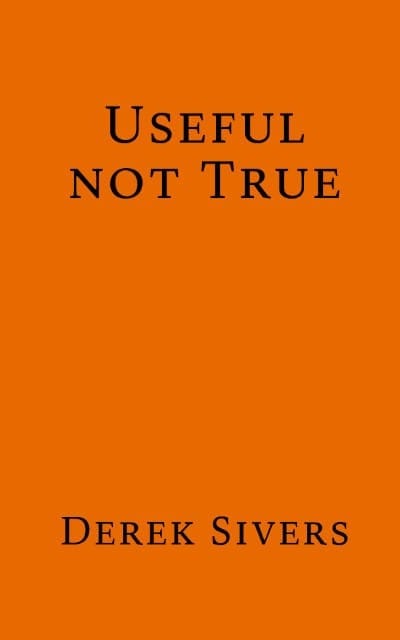
📒 Summary
Derek Sivers encourages us to shift our focus from seeking absolute truths to embracing what is useful for our personal growth and happiness. Reframing our thoughts, questioning rigid rules, and crafting our own narratives, leads to more fulfilling lives. Life is your canvas—paint it in a way that reflects your true self.
Notes
1. Rules Are Malleable
Adjusting the Rules to Fit the Situation
In high school, I attended an event where access to a special merchandise shop required a premium ticket. Not having one, I was initially told, "You can't buy things without the ticket." I responded, "Isn't the money from the shop and the event going to the same place?" The shopkeeper admitted it was. So I suggested, "Why don't I pay the difference for the premium ticket? That way, everyone is happy." She hadn't considered this but agreed.
The Lesson: Rules are often more flexible than they appear. By thinking creatively and negotiating from a place of mutual understanding, we can find solutions that benefit everyone.
2. "You Have To" Is About Them, Not You
When someone insists, "You have to," it's often a reflection of their own desires or expectations rather than an absolute obligation on your part. Recognizing this can free you from unnecessary constraints and empower you to make choices aligned with your own values.
3. Cultural Relativity of Respect and Rudeness
What is considered respectful in one culture may be rude in another. For example, direct eye contact is seen as confident in some societies but disrespectful in others. Another one is saying "Please... thank you" too much would be considered rude, as that's more reserved for formal settings or for people with whom you're not friends with. In fact, I was once asked by my girlfriend's brother why I said "Thank you" (in Chinese) so much in our conversations. Later, I found out from other Chinese people to just vary it up and use compliments instead like "wow this is amazing. You are so great".
Understanding these differences helps us navigate social interactions more effectively.
4. Focus on Actions Over Justifications
People often justify their actions after the fact to align with their beliefs or self-image. Instead of getting caught up in these justifications, it's more productive to observe the actions themselves. Actions reveal true intentions more than words.
5. Utility Over Truth
When pondering whether something is true or false, ask yourself: "Who cares? What will I do with this information moving forward?" Shifting focus from seeking truth to seeking utility can lead to more practical and beneficial outcomes.
6. Reframing Thoughts
Sometimes our thoughts are distorted, and we need to flip them to see things clearly. This is similar to cognitive behavioral therapy, where reframing negative thoughts leads to healthier perspectives. Adjust your thinking to align with the results you aim to achieve.
7. Beliefs vs. Facts
Beliefs are not facts. If something were a fact, we wouldn't say "I believe" or "I think." Recognizing this distinction helps us remain open-minded and less attached to our viewpoints.
8. Identity and Beliefs
People often tie their identities to their beliefs rather than to facts. This makes challenging those beliefs difficult without triggering emotional resistance. Approach such situations with empathy and focus on shared goals.
9. Instinct vs. Wisdom
Your instinct might signal a problem, but wisdom can find an advantage in it. This aligns with the concept of System 1 and System 2 thinking—the fast, intuitive reactions versus the slow, deliberate analysis. Balancing both leads to better decision-making.
10. Ground Yourself in Reality
In moments of perceived danger or stress:
- Look around: Are you physically safe?
- Acknowledge reality: There's no predator hunting you.
- Recognize the real threat: Often, it's the imagined fears we create in our minds.
Grounding techniques can help alleviate unnecessary anxiety.
11. Make Boring Tasks Fun
Use your imagination to transform mundane activities. For instance, when aiming for a new personal record in bench press, I imagine pushing a bear off my chest, like a scene from The Revenant. Turning a routine into a game or story can boost motivation.
12. Find a Belief That Jolts You into Action
Adopt beliefs that, whether true or not, inspire you emotionally to take action. The emotional drive is often what propels us forward.
13. Journal Prompts for Reflection
- Understanding vs. Being Understood: Which is more useful to you?
- Ease vs. Strength: Do you prefer making life easier or adding resistance to grow stronger?
- Self vs. Others: Is it more beneficial to prioritize yourself or to help others?
- Beliefs that serve you: What beliefs are you holding onto that may not be serving you? How can you reframe them to be more useful in your life?
These prompts depend on what brings you happiness and aligns with the identity you wish to cultivate.
14. Craft Your Own Story
We have the power to create our own meanings in life. By writing your own narrative about where you are, where you came from, and where you're headed, you can find peace and purpose. Focus on what gives your life meaning.
15. Life Is a Blank Canvas
Life is inherently meaningless until we add meaning to it. Think of it as a blank canvas—you can paint on it however you like. This perspective empowers you to create the life you desire.
16. Philosophies Are Like Musical Instruments
Just as musicians might claim their instrument is the best, people often believe their life philosophy is superior. However, different philosophies can be correct in their own right. Like instruments in an orchestra, their usefulness depends on the timing and how you, as the conductor, choose to utilize them.
17. Reframe Your Questions
Instead of asking, "Why can't I afford it?" rephrase it to "How can I find ways to afford it?" This shift opens up possibilities and encourages proactive problem-solving.
18. Embrace Being Wrong
Being wrong isn't a setback; it's a step closer to success. Each mistake provides valuable lessons that guide you toward your goals.
19. Celebrate New Beginnings
Congratulate someone on their divorce. It might seem unconventional, but leaving an unhappy relationship is a positive step toward a better future. No one parts ways from a genuinely great relationship.
20. Be the Captain, Not the Explorer
- Explorers wander without a specific goal.
- Captains have a clear objective to attain.
Focus on achieving your primary goals first. You can always explore new possibilities afterward.
21. Balance Input and Output
Avoid information overload. Consuming too much without applying it can lead to stagnation. Strive for a balance between learning and doing.
22. Internalize New Viewpoints
- Justify: Understand how this new belief will help you or others.
- Clarify: Summarize the idea as if explaining it to a stranger.
- Imagine: Envision the impact of adopting this new identity.
- Prepare: Anticipate challenges and plan how to overcome them.
- Review: Revisit your journal to reinforce your motivations.
23. Don't rely on your first reaction, but your second one
The first reaction you have to something is probably not your true feeling, it's the feeling you choose to have after about it that's more important. By the time you had your first feeling about a situation, it will have become outdated.
Earlier today, my girlfriend said "do you want me to buy you a Christmas tree"? I plainly said, "thanks, but I don't celebrate Christmas". After a few hours, I realized something about my reply felt off. I thought "perhaps she wanted to partake in a shared holiday spirit and experience". It goes without saying that my second reaction should be that of understanding, regardless of the fact that my first one was dismissing it. So, literally after finishing this book, I went to her and said "Hey, I realized that you probably asked that Christmas tree question because you wanted us to have a shared and fun holiday experience. Even if I don't do Christmas, I'd be more than happy to celebrate it with you if it makes you happy!" What happened was next is funny. Since the way the apology was crafted so well, she said "Did you ask ChatGPT to tell me what you just said" haha.
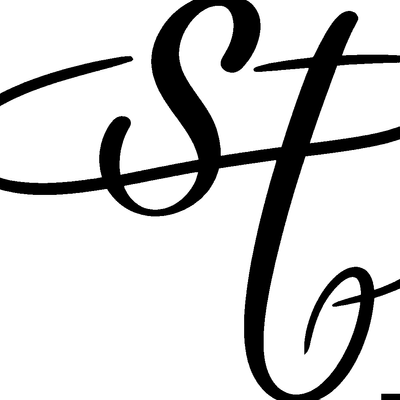
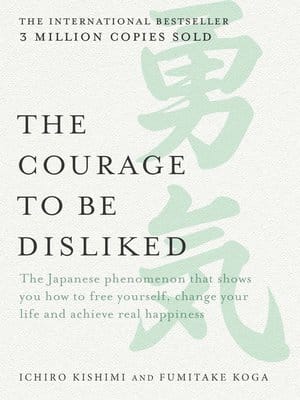
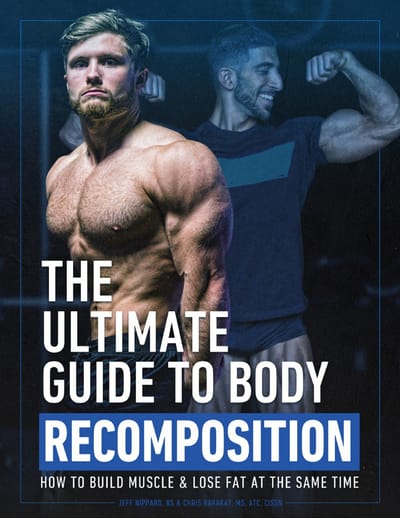
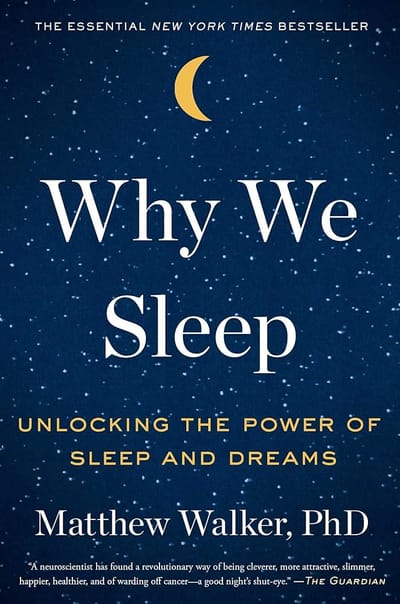
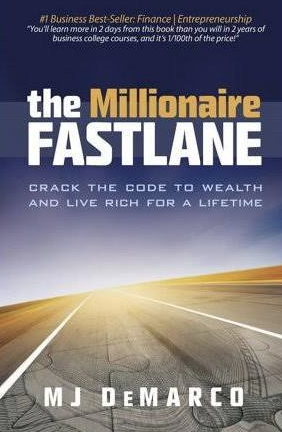
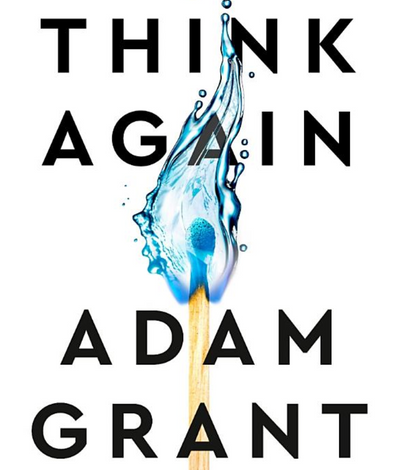
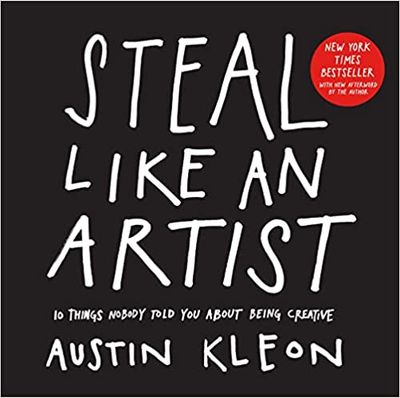
Member discussion